Helping Elephants in Thailand
A family organization for thirty years since the national Thailand ban on elephant logging in 1989, Maetaman has been helping elephants in Thailand and their mahouts by continually innovating and creating new solutions to improve their quality of life.
A Message from the General Managers at Maetaman
We are constantly working on helping elephants in Thailand. The relationship between mankind and elephants began many thousands of years ago. Today’s elephant caretakers and owners use this vast knowledge of elephant care that has been passed from generation to generation to find new methods to take a better care of all of our elephants.
To boycott the business organizations that use elephants in tourism business is not a truly way out solution. There are some 15,000 captive elephants in Southeast Asia, 4,000 in Thailand alone. Many organizations that care deeply about elephant welfare are researching the possibilities of taking domesticated elephants back to the wild. It might happen in the future. At this time domesticated elephants face too many dangers that will threaten their survival.
At Maetaman, we are concerned about the welfare of domesticated elephants and are constantly trying to improve their environment. We’re also concerned about wild elephants being hurt, poached and killed, the limited wild habitat available today, and the problems created when people and elephants live near each other as Thailand’s population increases and expands. We support the efforts to register all domesticated elephants, which helps stop the illegal hunting and trading of elephants and ivory poaching.
Elephant welfare management in this region is a challenging problem. Everyone who is concerned should consider helping to promote better lives for all elephants. The Maetaman organization has thirty-some years of experience helping elephants in Thailand and is constantly committed to finding new methods to improve their quality of life.
Ethical elephant riding
is a sensitive subject.
Even the word “ethical” has different meanings to different people. One person eats meat. Another is a vegan. One company sells billions of hamburgers. Another country with more than a billion people considers cows sacred. One person believes all wild animals should be in the wild and never be touched by humans. One mahout spends his entire life in a close relationship with and caring for one elephant.
Many negative opinions about ethical elephant riding come from a lack of understanding of the current realities of elephant survival in Asia. Misconceptions also arise from the assumption that all elephant venues are the same. They are not. And everything you read on the internet is not always true. Before you make your judgments, please consider the ethical elephant riding facts on this webpage and on the other websites listed below.
ACEWG
http://www.acewg.org
Kaya Volunteer
https://www.kayavolunteer.com/ethics-of-elephant-riding-in-thailand
Elephant Stay
http://elephantstay.com/about-us/#factsaboutelephants



